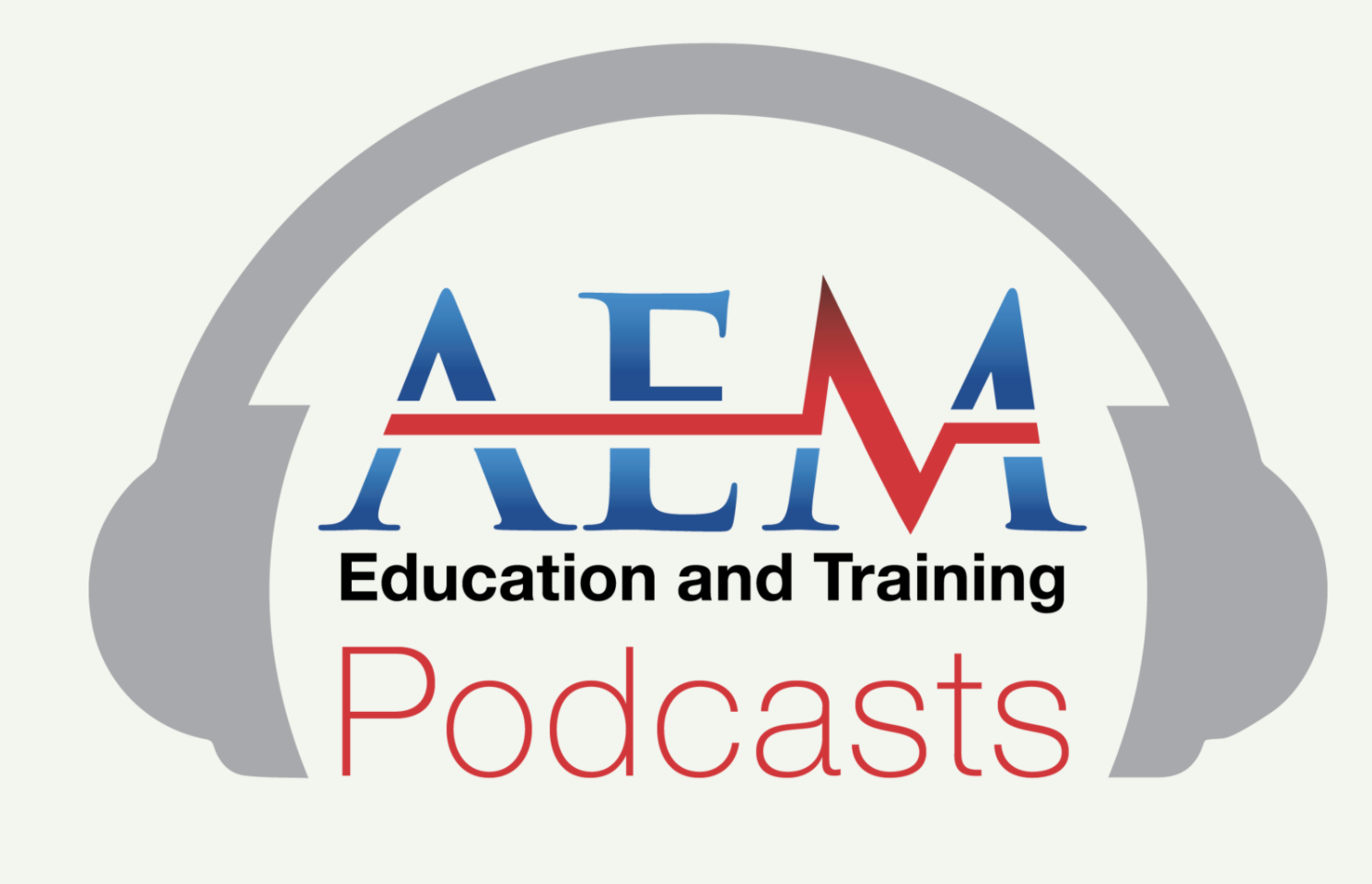AEM Education and Training 33: A critical race theory curriculum for emergency medicine learners
Welcome to the thirty third episode of the AEM Education and Training Podcast, a FOAMed podcast collaboration between the Academic Emergency Medicine Education and Training Journal and Brown Emergency Medicine.
Find this podcast series on iTunes here.
DISCUSSING:
A critical race theory curriculum for emergency medicine learners
Tomás Díaz MD, R. Starr Knight MD
LISTEN NOW: INTERVIEW WITH AUTHOR
Dr. Tomás Díaz is an Assistant Professor of Emergency Medicine and medical educator at Columbia University Medical Center.
Abstract
Objectives
We set out to develop and implement a critical race theory (CRT) curriculum to address an identified gap in emergency medicine education. Sessions explored concepts of CRT and issues of racism as they relate to the clinical and extraclinical environments.
Methods
We developed a series of five virtual workshop sessions in 2019 that were held over Zoom in June and July 2020 in the setting of the COVID-19 pandemic. Eight learners completed the curriculum. Prior to each session, learners were provided presession materials including podcasts, recorded lectures, and readings. Thought-provoking questions were also provided with presession materials to facilitate discussion during sessions. Materials were curated to provide foundational knowledge on CRT and U.S. history as well as local history of the San Francisco Bay Area.
Results
Participants found the curriculum useful, reported increased familiarity with CRT, and were more likely to have an analytic framework for topics of race and racism. Participants also reported that their perspective had been changed after completing the curriculum.
Conclusions
Our curriculum promoted effective engagement with topics of race and racism by learners. Opt-in participation contributed to an engaged cohort and the small cohort size encouraged participation by all learners. Semistructured facilitation allowed participants to guide conversations to their own topics of interest while also addressing specific topics at hand. Independent guided presession work allowed participants to gather knowledge at their own pace prior to each session, which likely contributed to more active and in-depth participation.

